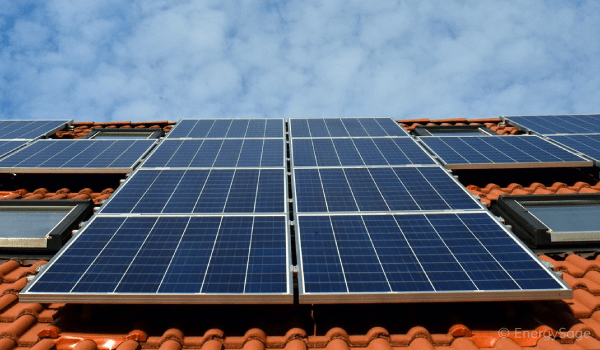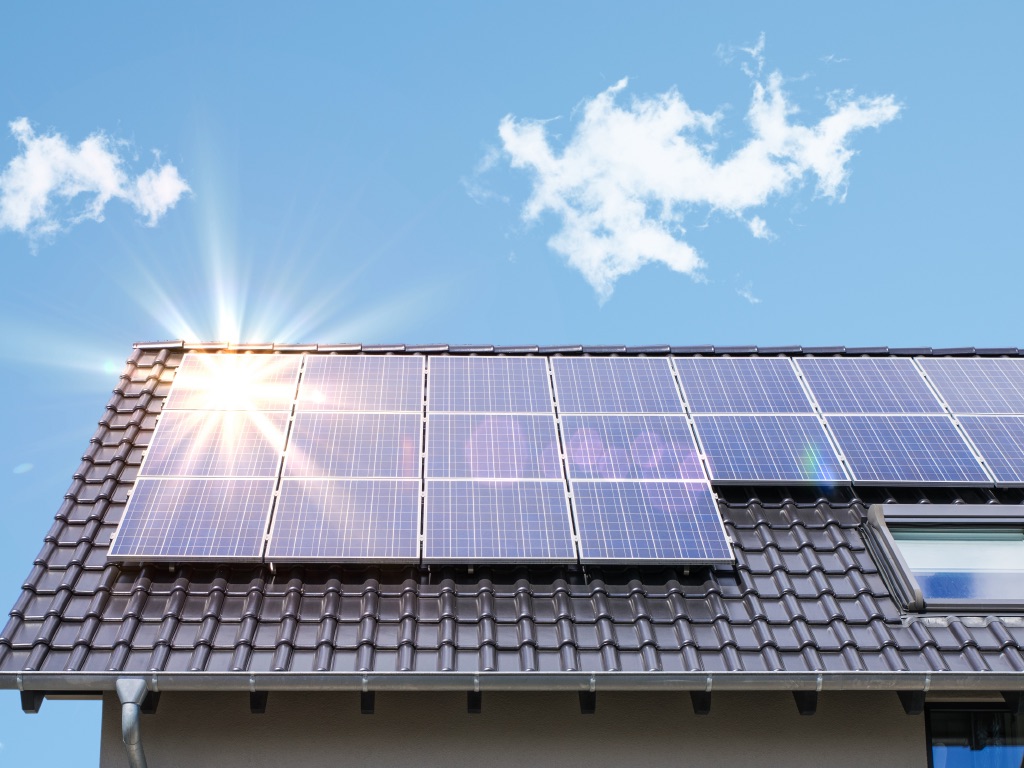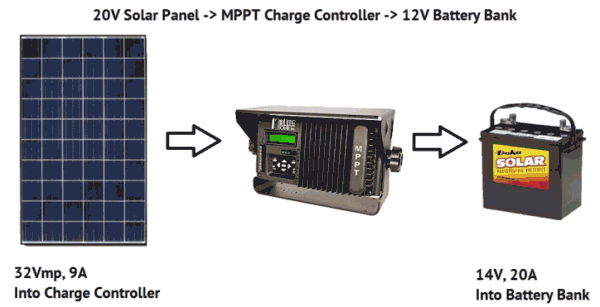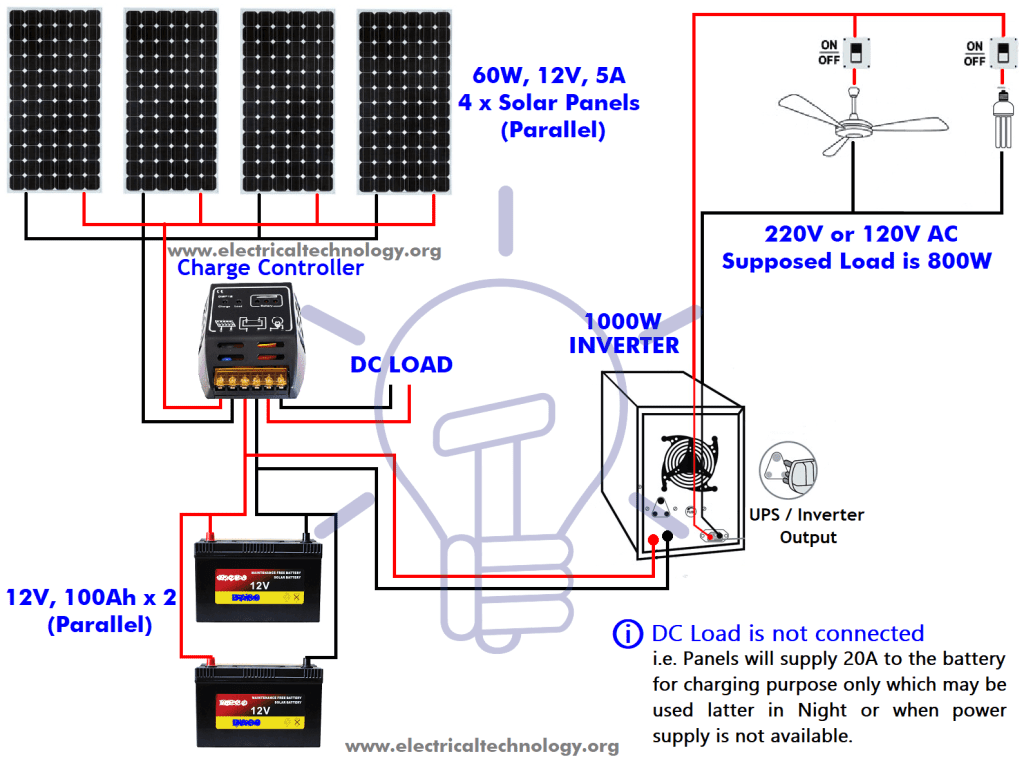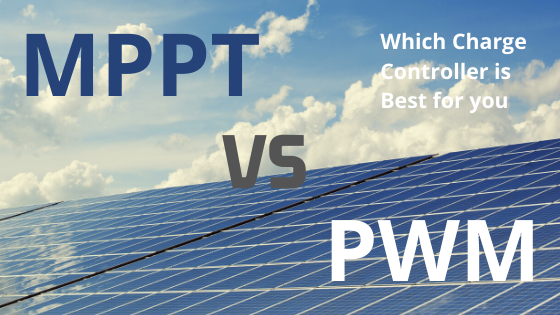An mppt solar charge controller is a smarter device than a pwm charge controller regarding its capability to squeeze more solar power by tracking the optimal power point of the pv panels or solar array.
Do solar panel need to match the controller.
The second fuse between your solar panels and charge controller is a little bit different to figure out.
The charge process is performed in a smart or intelligent way.
The challenge now is to match the pv modules to the controller because we are not concentrating on only 12v or 24v modules anymore.
By adding a dc dc converter in the blue solar mppt controller the system also becomes more flexible when we look at the input voltage of the controller.
This means if your battery is full it stops the charging and if your battery is reaching an unhealthy.
I ll be powering music amplifiers and laptop with a total draw of about 8 amps ac using a 1500w inverter connected to a 12v battery.
The good news though is that the power going into your battery array increases as it gets charged.
While the solar regulators of today are extremely robust.
If the panels are connected in series the voltage of each panel is added but the amperage stays the same.
Hello swagatam i m trying to figure out roughly what i ll need in battery size and solar panel size.
Pwm has been in the market for a long time and is quite durable.
You don t need a charge controller with small 1 to 5 watt panels.
The pmw solar charge controller will match the solar panels voltage to that of the battery bank that is 11 7 v but keep the current at 5 2a.
If a panel puts out 2 watts or less for each 50 battery amp hours you probably don t need a charge controller.
How pwm solar charge controller works is pretty simple.
That way you get 11 7 x 5 2 60 watts going into your battery bank instead of 100 watts.
Furthermore it keeps the solar panels charged at a standard voltage level at all times.
The size of this fuse is dependent on how many solar panels you have and how they are connected series parallel or series parallel.
Different solar panels reduce the effectiveness of the controller to track this optimal power point.
Once the solar panel is completely charged this regulator will disconnect the batteries from overcharging.
The function of a charge controller is to regulate the charge going into your battery bank from your solar panel array and prevent overcharging and reverse current flow at night.
Anything beyond that and you do.
A solar charge controller is designed to receive power from a solar panel or array of panels and use it to charge a battery or bank of batteries.
An additional safety mechanism to protect the charge controller your batteries and appliances plus reduce fire risk is placing an appropriately rated fuse between the solar panel and the regulator.
I ll need a minimum of 5 hours run time with the solar panels charging the battery as i go.




